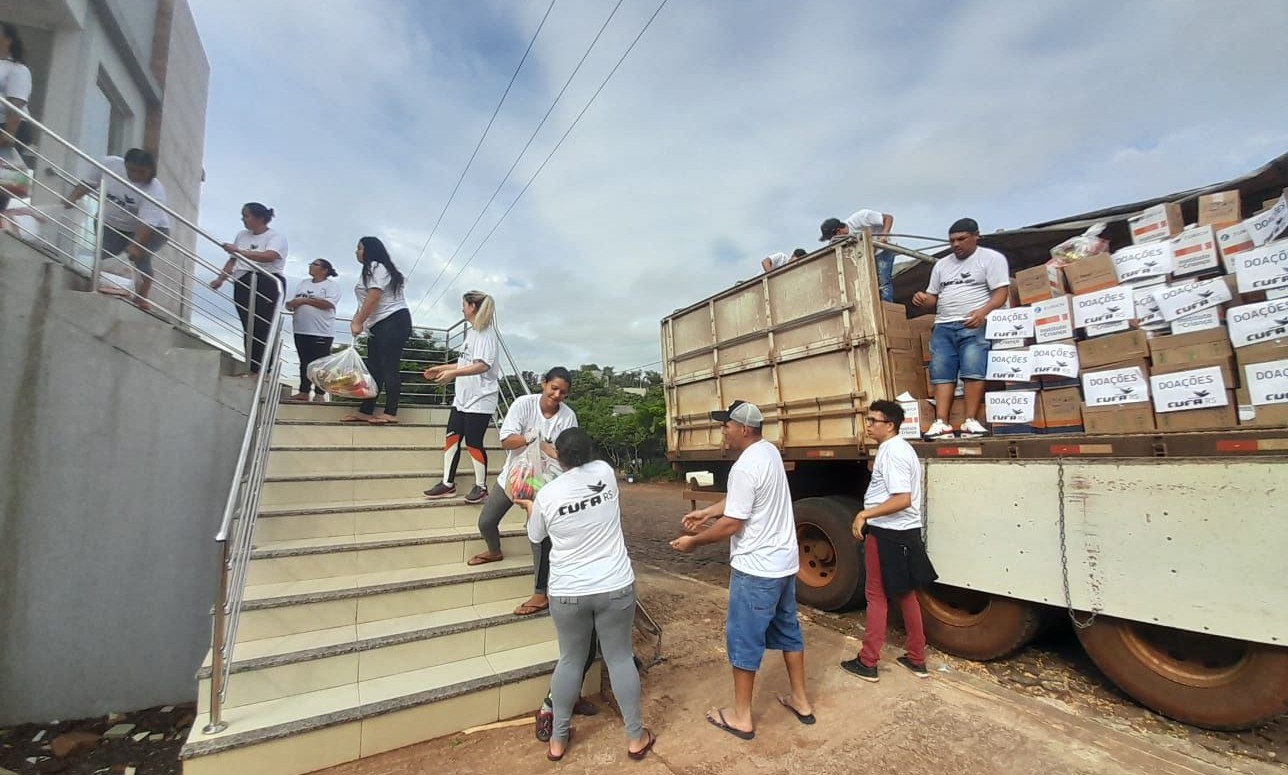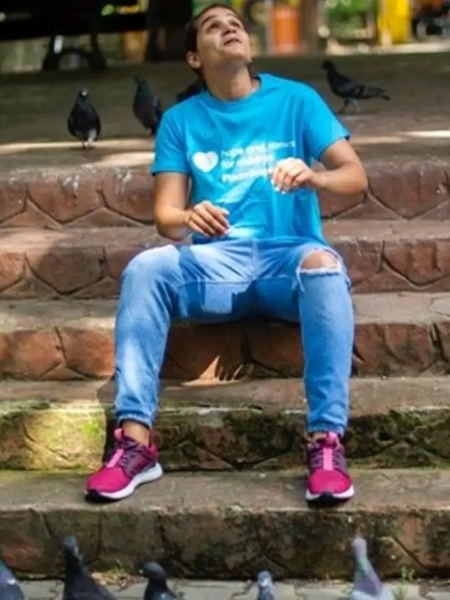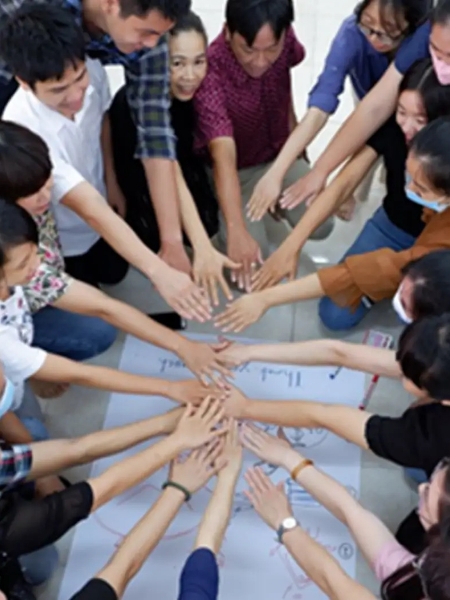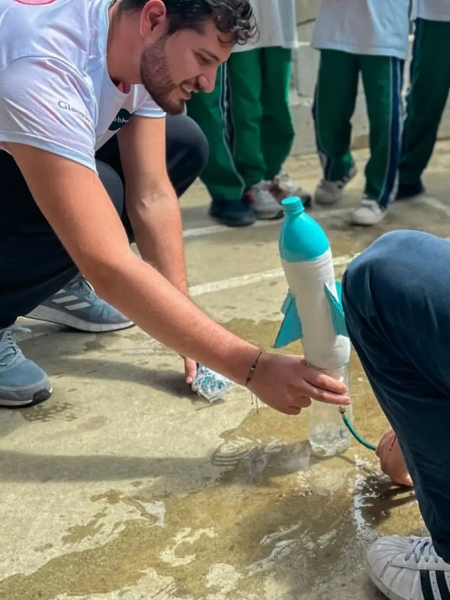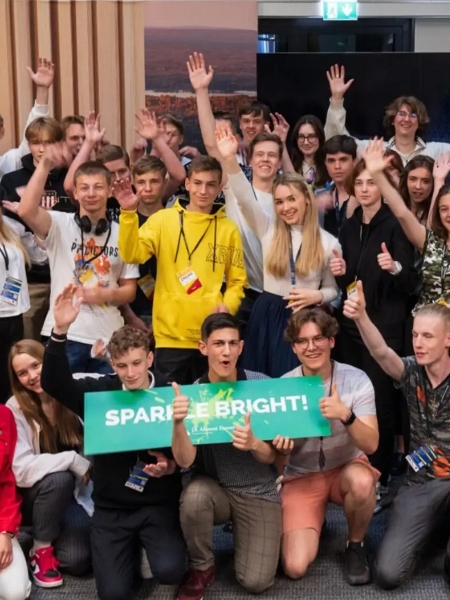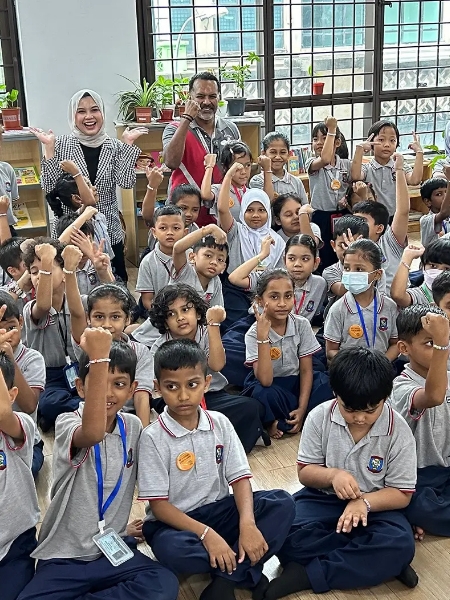CUFA
Think Human Fund
Mission & History
Founded in 1999 in Rio de Janeiro by MV Bill and Sérgio “Biel,” CUFA began as a grassroots initiative to empower favela communities and address social inequalities. It has since expanded into a national network supporting favela residents.
CUFA is dedicated to enhancing the quality of life in favelas through a multifaceted approach that prioritizes empowerment, education, social development, and public policy. By amplifying the voices of favela residents, they ensure that their needs and aspirations are heard and considered in the broader context of societal change. The organization offers essential educational and vocational opportunities, equipping individuals with the skills needed to thrive.
Furthermore, CUFA promotes social development by fostering health initiatives, cultural activities, and community growth, thus cultivating a vibrant and resilient environment. In addition, they advocate for public policies that address and tackle inequalities, striving to create a more equitable society for all. Through these commitments, they work tirelessly to uplift and support the dynamic communities within favelas.
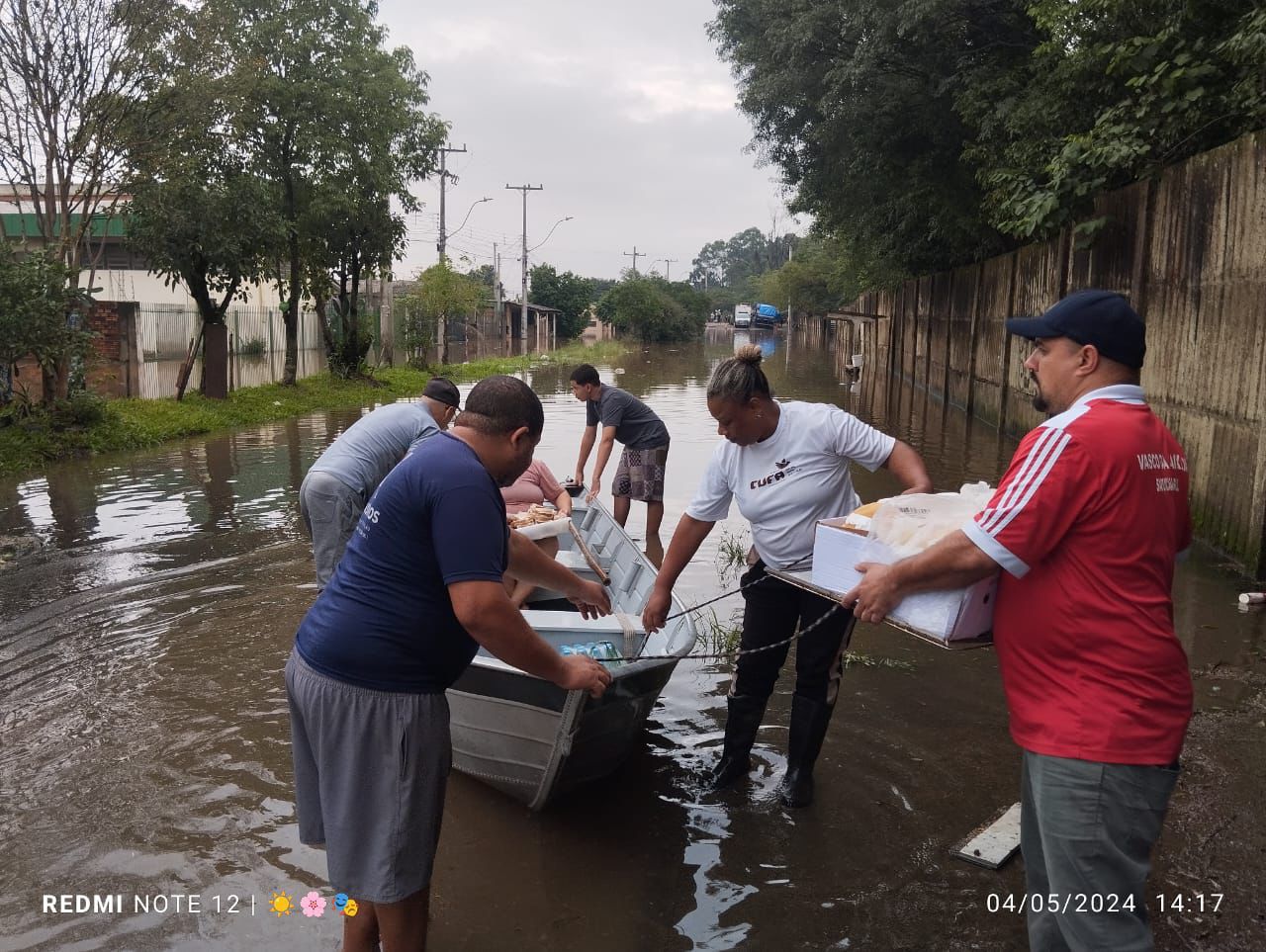
Country Information
The floods in Rio Grande do Sul, Brazil, have severely impacted thousands of residents. The disaster has affected 473 cities, resulted in 806 injuries, and left 581, 638 people homeless. Nearly every city in the state is grappling with storm-related issues, with a total of 2.3 million individuals affected. This crisis has sparked a nationwide response to provide essential aid, including food, water, shelter, clothing, and hygiene products.
The Need
In response to the escalating climate crisis, our immediate priority is to support the regions hardest hit by its devastating effects by providing essential resources that address urgent needs. We are committed to ensuring safe, temporary shelter for those displaced, alongside nourishing the affected population with canned food to meet immediate dietary requirements. Our hygiene kits, which include soap, toothpaste, toothbrushes, deodorant, wipes, and feminine absorbents, aim to uphold personal dignity and health. We also recognize the importance of catering to the most vulnerable, providing diapers for children and the elderly to ensure their comfort and care. To bolster recovery, we deliver comfort items such as blankets, mattresses, sheets, pillows, and towels. Our organization is dedicated to swiftly delivering these essential resources to ease suffering and support the recovery of communities affected by climate-related disasters.
The Project We Fund
Our Emergency Action Plan is meticulously designed to address both immediate and long-term needs in Rio Grande do Sul, reflecting a commitment to effective disaster response.
In Phase 1, during the first three months, we will allocate 40% of our resources towards immediate response efforts, providing essential shelter support such as mattresses, sheets, blankets, towels, water dispensers, hygiene items, and diapers. Additionally, community kitchens will be established to ensure access to adequate food and drinking water.
In Phase 2, spanning months four to six, we will invest 30% of our resources to enhance health support by setting up temporary health posts equipped with first aid kits, facilitating critical medical assistance.
Phase 3 will focus on economic recovery in months seven to nine, again utilizing 30% of our funding to offer financial aid to families and local businesses, distribute hygiene kits containing essential products, provide cooking gas cylinders for community kitchens, and ensure the availability of cleaning materials necessary for hygiene and safety. This Adaptive plan is responsive to the evolving needs of the community, ensuring a comprehensive approach to the challenges posed by the climate crisis.
The Result
In keeping with our dedication to transparency and accountability, we have made our campaign results publicly available on a dedicated page of our website. This page clearly and concisely presents the campaign’s total figures, adhering to our transparency policy and facilitating access for all interested parties.
Additionally, we distribute complete project reports to the city halls of affected municipalities and the state government. These reports include detailed financial spreadsheets, invoices, and payment receipts, offering a thorough overview of how campaign funds have been utilized.

